
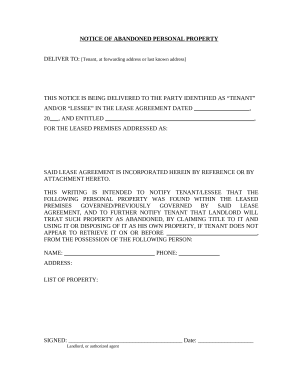

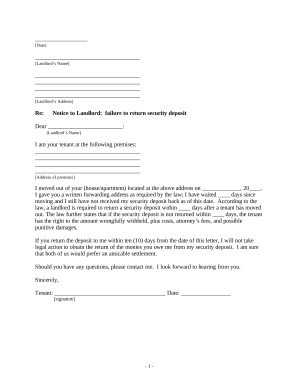
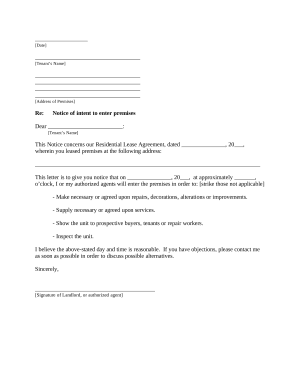
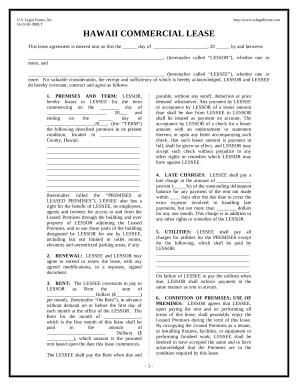
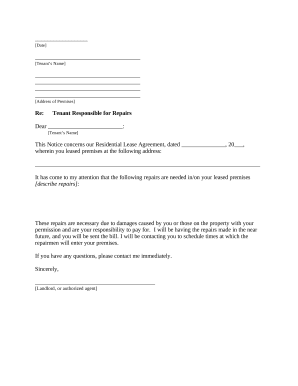
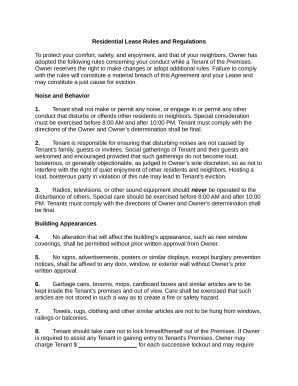
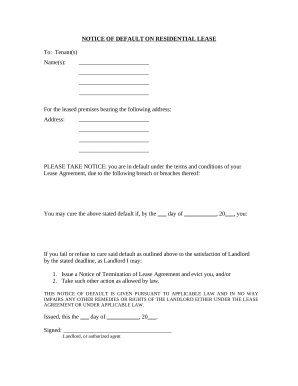
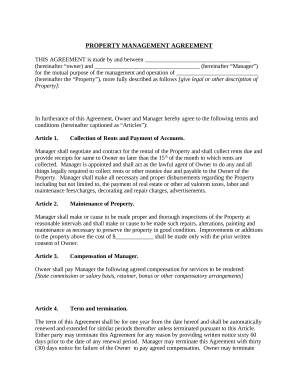
Papers management occupies to half of your business hours. With DocHub, it is possible to reclaim your time and effort and increase your team's efficiency. Get Landlord/Tenant Laws category and check out all templates related to your day-to-day workflows.
Effortlessly use Landlord/Tenant Laws:
Boost your day-to-day file management with the Landlord/Tenant Laws. Get your free DocHub account today to discover all templates.